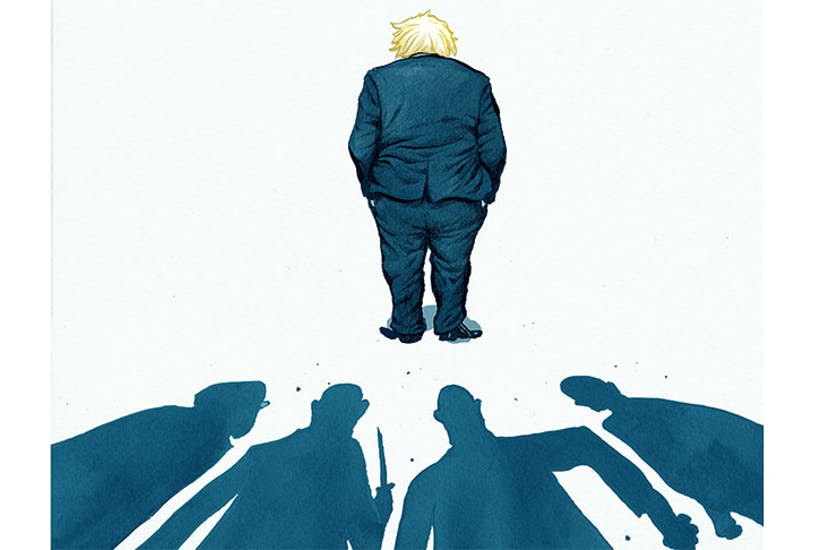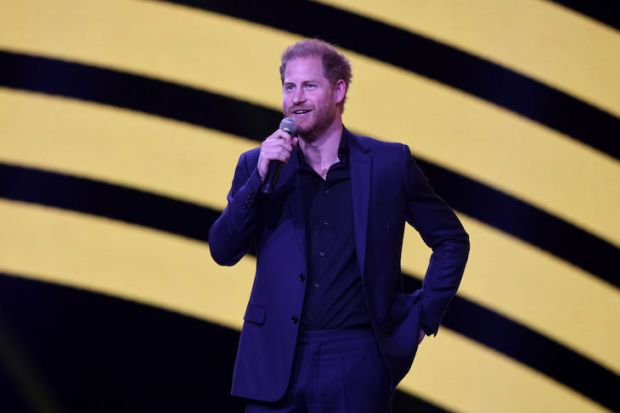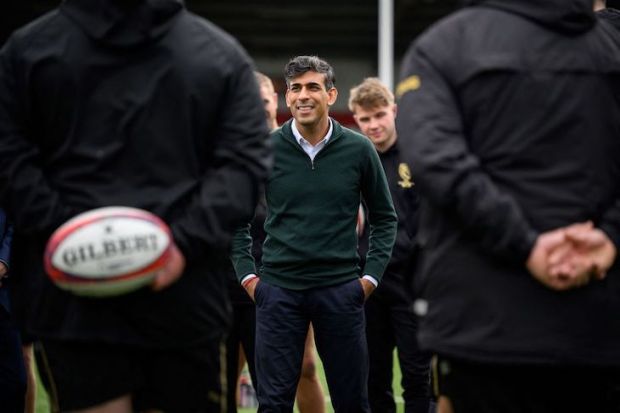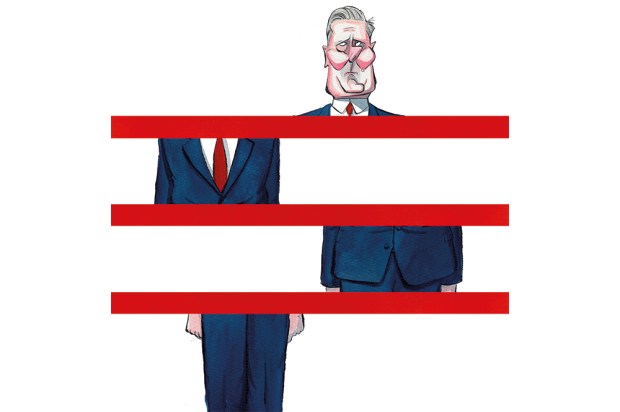As the race to replace Theresa May heats up, Operation Stop Boris is now in full swing. Boris Johnson remains the clear frontrunner to win the Tory leadership contest and his critics are determined to prevent him doing so at any cost. But his detractors should learn an important lesson from the referendum campaign: going after Boris is bound to backfire.
Yet Boris’s critics are determined to have another go and his Tory rivals are queuing up to take a pop at him. Matt Hancock is the latest to hit out with his jibe ‘f**k ‘f**k business’, a reference to Boris’s comments about lobbyists warning of the damage of a no-deal Brexit. Jeremy Hunt has also targeted Boris. So, too, has roaming leadership candidate Rory Stewart.
Even the dwindling number of Tory MPs not entering the fray to become PM are also after Boris. Philip Hammond has criticised Boris repeatedly. So has David Gauke, who said that candidates who don’t acknowledge the ‘enormously harmful’ effects of a no-deal Brexit will fuel populism.
The news that Boris has been ordered to appear in court over claims he lied by saying Britain gives the EU £350m a week is a sign that it isn’t only his critics on the Tory benches that Boris must watch out for.
Boris’s enemies are naturally delighted at this onslaught and seem to be convinced that this is the strategy for bringing down Boris. Yet they’d be wrong to start celebrating how well their bid to make life difficult for Boris appears to be. After all, this isn’t the first time that coming under fire has ended up aiding Boris’s cause.
In the lead-up to the referendum, Boris was relentlessly targeted during a vicious televised debate on ITV. Nicola Sturgeon, Angela Eagle and Amber Rudd ganged up on Boris. Sturgeon said the thought of Boris in No.10 was a ‘pretty horrifying prospect’. ‘Get that lie off your bus!’, shouted Eagle. But the worst jibe came from a fellow Tory, Amber Rudd, who said Boris was ‘not the man you want to drive you home at the end of the evening’.
The personal attacks were met with delight by Boris’s detractors. Plenty of remainers were overjoyed that Boris had been exposed on live television in front of the nation. Yet the truth was that Boris’s dignified refusal to take the bait actually ended up benefiting him. For those on the fence making up their minds whether to vote leave or remain, it was difficult not to sympathise with a man who had been roundly beaten up on stage.
The same seems to be happening again. And once again, Boris’s reaction matches his approach in 2016. By refusing to retaliate, Boris is again looking reasonable compared with his rivals.
His competitors are also making another mistake. By talking relentlessly about Boris, they are doing the hard work for him. Boris has so far confirmed that he is standing in the leadership contest, but beyond that there is little to report. What does Boris stand for? What are his headline-grabbing policies? We don’t really know, given that Boris is yet to lay out any detailed plans. And while his rivals have put out videos (of varying quality) launching their campaigns and set up websites and Twitter accounts, Boris’s campaign is yet to really begin.
But you wouldn’t know it from the coverage Boris is getting. On the front page of today’s FT, a picture of Boris appears prominently. Why? Not because he has said anything himself but because his rivals (in this case Matt Hancock) won’t stop talking about him. Operation Stop Boris is achieving something but it’s not what Boris’s critics think.
Got something to add? Join the discussion and comment below.
Get 10 issues for just $10
Subscribe to The Spectator Australia today for the next 10 magazine issues, plus full online access, for just $10.




















Comments
Don't miss out
Join the conversation with other Spectator Australia readers. Subscribe to leave a comment.
SUBSCRIBEAlready a subscriber? Log in